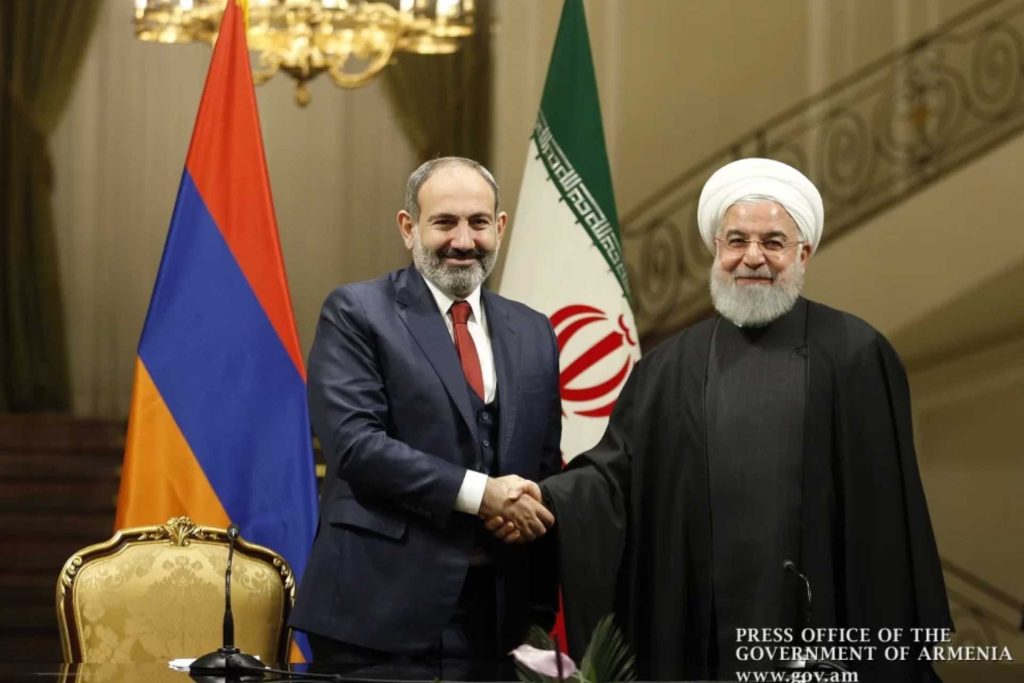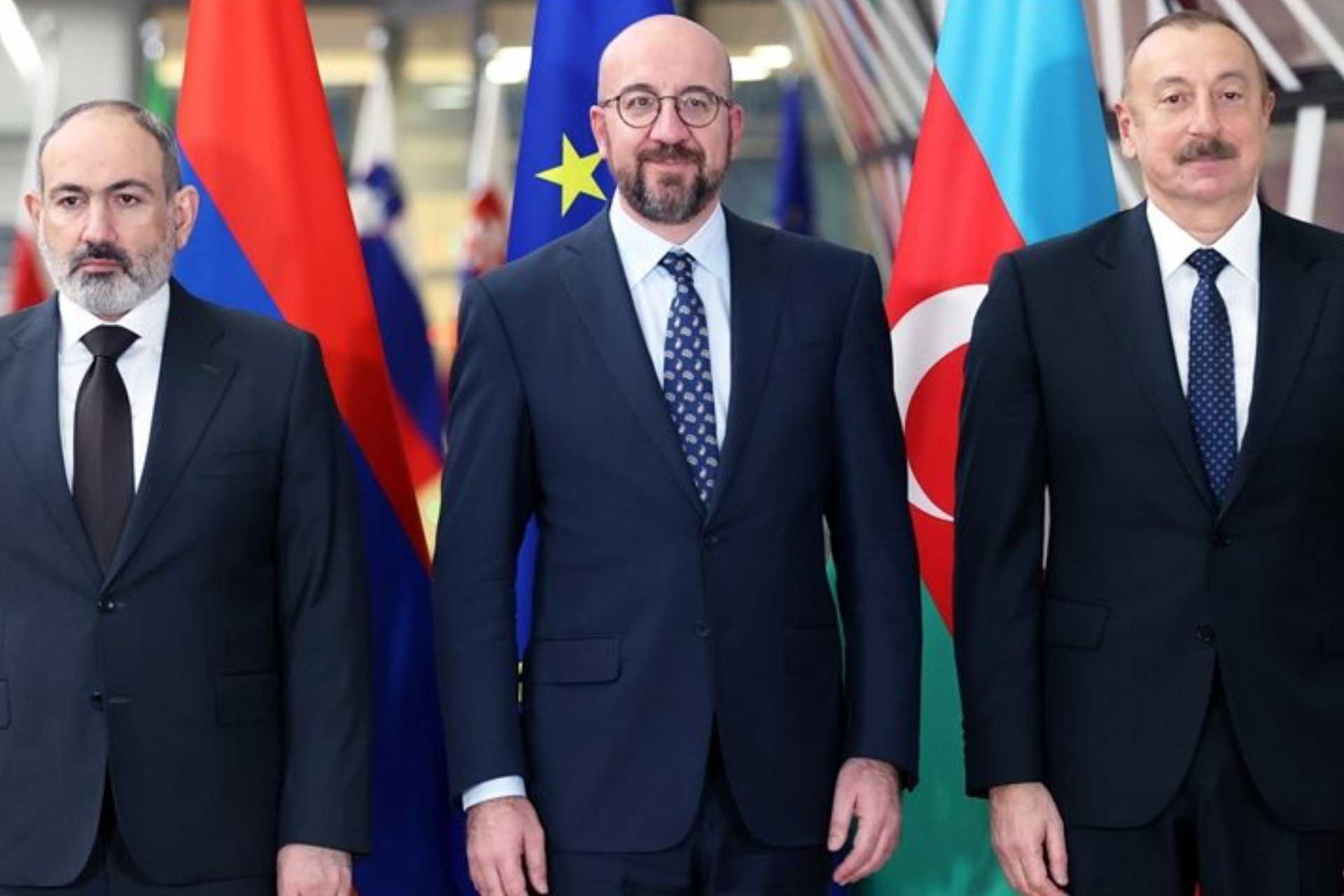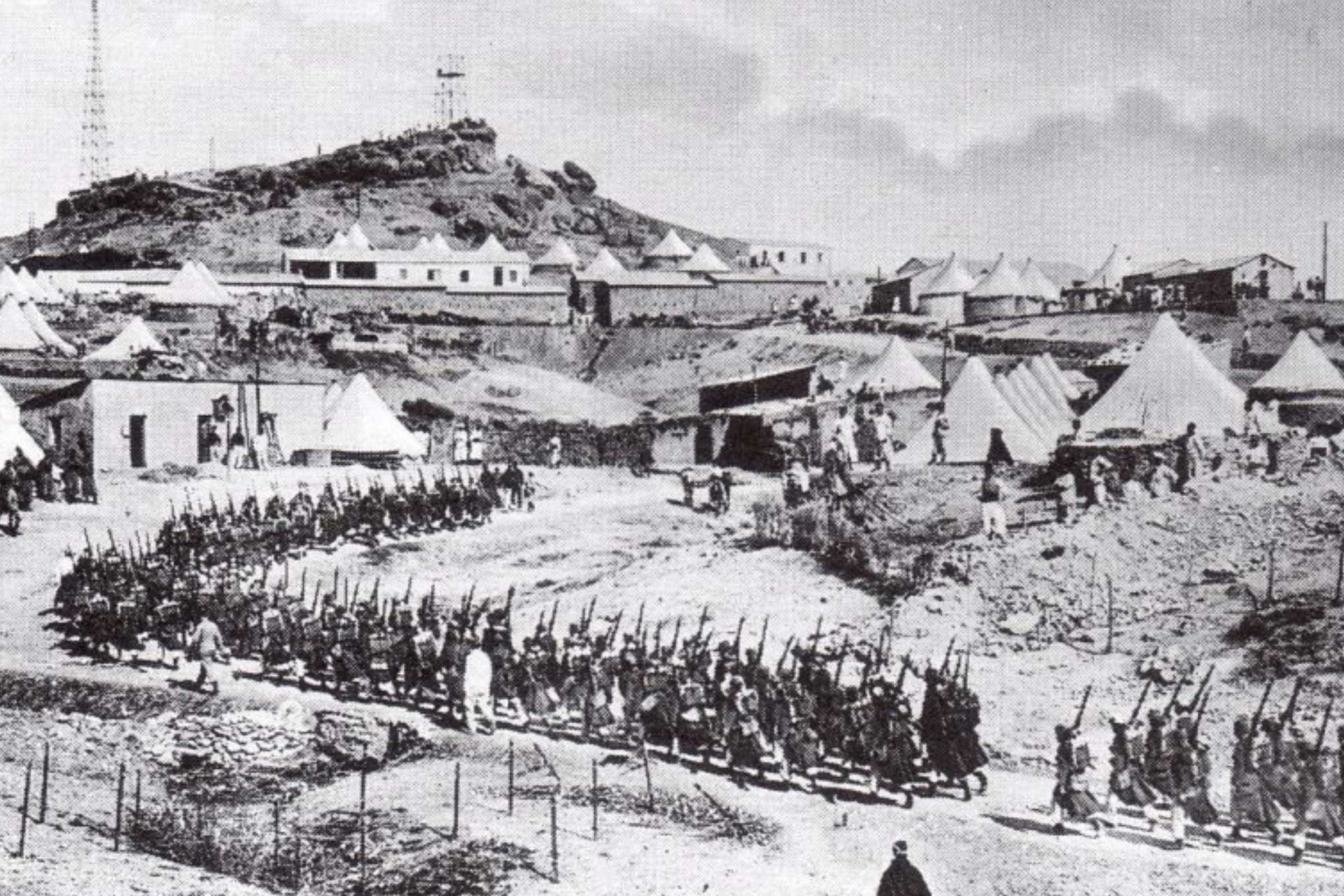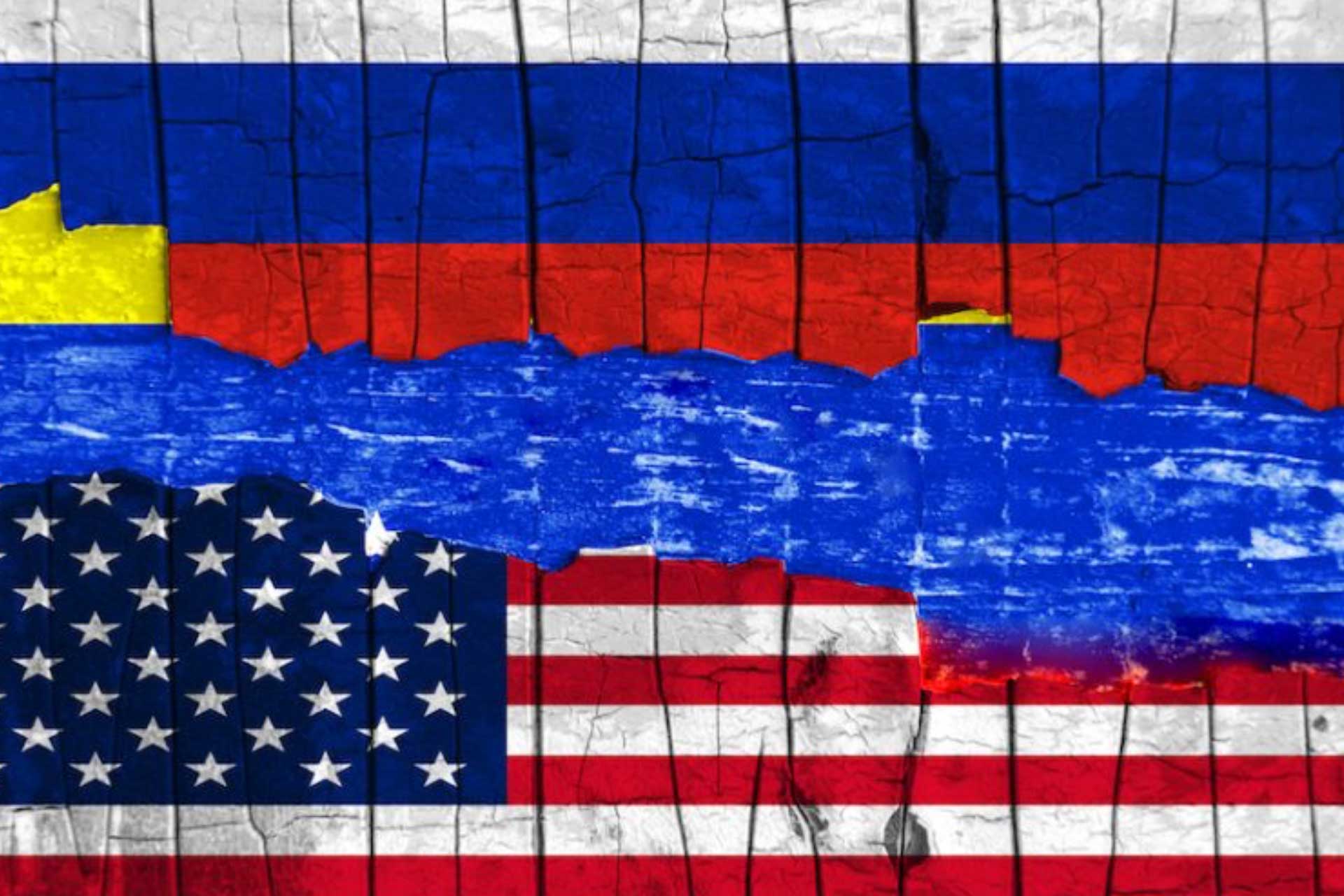Recent Conflicts between Azerbaijan and Armenia and Russia’s Impact on the Region
The conflicts between Azerbaijan and Armenia have been occupying the agenda for the last 2 months. In an environment where both sides accuse each other and some incidents have not reached a clear conclusion, the recent tensions and some negotiations have started to reveal the sides. The Nagorno-Karabakh conflict has been a serious problem for nearly 30 years, but the conflicts of the last 2 months have brought this problem to a different level – to the change of borders of two states. First of all, let’s turn the clock back to 2020.
The ceasefire declaration signed as a result of the second Karabakh war was also aimed at the removal of illegal Armenian gangs from Karabakh. However, Armenia has repeatedly failed to fulfill its obligations under the agreement, directly contributing to the breakdown of the ceasefire. Despite the activities of illegal gangs, Azerbaijan has been continuing reconstruction work in Karabakh for nearly two years. During this period, the firing line was attacked several times from the outposts of the Azerbaijani Armed Forces for control purposes. Based on these attacks, on August 3, 2022, Armenian troops attacked Azerbaijani military units in the city of Lachin and the surrounding areas, where Russian peacekeepers were conducting temporary control. As a result of the attacks, soldier Anar Kazimov was martyred. A few hours later, the Azerbaijani army launched the “Revenge” anti-terrorist operation, targeting with drones and wounding 7 Armenian soldiers. In the following days, Armenian media reported that 8 soldiers were wounded and 1 soldier was killed. As a result of the operation that continued until August 6, Kırkkız Hill, Buzluk Mountain and other strategic hills came under the control of the Azerbaijani Army.[1] [2] [3]

The September 12 conflict was characterized as a direct attack on the country’s borders, with each side blaming the other. The border crisis shifted from Nagorno-Karabakh to clashes on the official borders of the two countries. The border clashes that started in the Dashkesen, Lachin and Kalbajar directions caused serious criticism in the international arena.
US Secretary of State Anthony Blinken expressed concern about the clashes and called for an immediate cessation of hostilities during a telephone conversation with Ilham Aliyev. [4]
US State Department Spokesperson Ned Price emphasized the need for both sides to cease hostilities and come to terms on a broader agreement, citing serious damage to Armenia’s infrastructure.
During the conflict, US House of Representatives Speaker Nancy Pelosi visited Yerevan on September 17 and met with Nikol Pashinyan and other senior Armenian officials. During the talks, Pelosi officially expressed her support for Armenia. The Armenian government stated that the US had a great influence on the ceasefire.[5] Pelosi expressed her condemnation of Azerbaijan’s illegal and deadly attacks. It should be noted that Pelosi’s move is a short-sighted one that is quite contrary to US interests in the region. This is because Armenia’s biggest supporter is Iran, the US’s biggest adversary in the region.

CNBC
French President Emmanuel Macron condemned Azerbaijan’s aggression and called on Armenia to respect its territorial integrity. France raised the conflict as a topic for discussion at the UN Security Council.[6]
Countries such as India and Cyprus have also condemned Azerbaijan as the perpetrator of these attacks.
On the other side, Turkish Foreign Minister Mevlut Cavusoglu expressed his condolences to Azerbaijan for the martyrs it lost in the clashes and condemned Armenia’s aggressive behavior, emphasizing the need to continue negotiations.[7]

AA
The Russian Foreign Minister called on both sides to abide by the September 13 ceasefire brokered by Russia. Russia did not specify who was to blame for the escalation, saying that the issue should be resolved through political and diplomatic means. [8]
China has likewise stated that the issue can be resolved through mutual dialogue.[9]
“We must proceed from the fact that the border between Azerbaijan and Armenia is not demarcated, so it is difficult to talk about any violation of the border,” Kazakh Foreign Minister Mukhtar Tleuberdi said. [10]
Iranian Foreign Minister Hossein Amir-Abdollahian called on both sides to show restraint and to keep the borders between the two countries unchanged.[11]

As a result of the clashes between September 12-14, 71 Azerbaijani soldiers were killed. According to some sources, this number is reported to be higher, but official figures show this. Armenian media reported that Armenia suffered 105 military casualties.[12] [13] It is difficult to say who is responsible for the clashes. This is because many facts only come to light after a few years. Considering that both sides hid many facts during the tension, these conflicts were the result of mutual provocations by both sides. Azerbaijan and Armenia have both legally and politically turned a blind eye to some wrongdoings due to the war situation. The reason for this is that both countries remain under the control of Russia. Therefore, as long as Azerbaijan and Armenia remain under Russia’s control, I expect the conflicts between the two countries to continue in the future, causing great losses.
Tuncay Guliyev
Undergraduate student- Koç University
[1] https://news.milli.az/incedent/1062086.html
[2] https://news.milli.az/politics/1061937.html
[3] https://azertag.az/xeber/Azerbaycan_Ordusu_Qirxqiz_yuksekliyi_Saribaba_ve_bir_sira_diger_ehemiyyetli_hakim_yukseklikleri_nezarete_goturub-2239601
[4] https://www.state.gov/secretary-blinkens-call-with-azerbaijani-president-aliyev-6/
[5] https://www.politico.com/news/2022/09/15/nancy-pelosi-is-going-to-armenia-00056947
https://www.reuters.com/world/pelosi-condemns-illegal-attacks-by-azerbaijan-armenia-2022-09-18/
[6] https://twitter.com/EmmanuelMacron/status/1392965873187659778
[7] https://www.google.com/amp/s/m.haberturk.com/bakan-cavusoglu-ermenistan-…




Comments